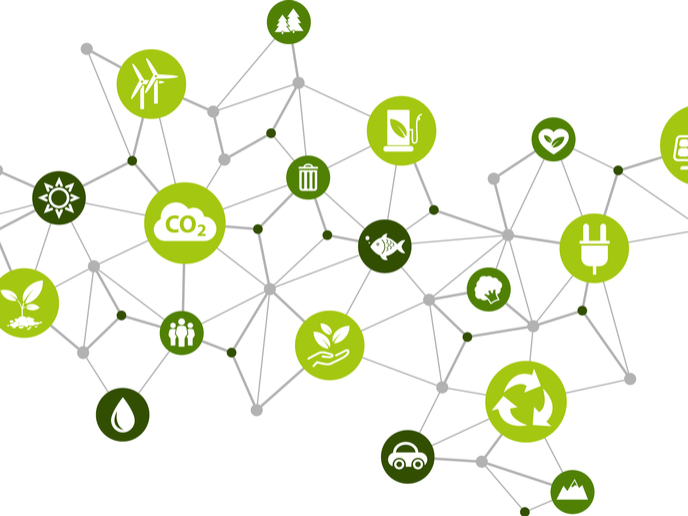Addressing global challenges through the power of collaboration
The need for coordinated action around the world to address the most pressing environmental issues is widely recognised. Research infrastructures (RIs) are crucial for providing services and data aimed at offering solutions to these shared challenges. The EU-funded ENVRI PLUS project brings together environmental and Earth system RIs, networks and specialist partners. ENVRI PLUS coordinates its activities through a strategic plan focusing on multidisciplinary research. As stated on the project website(opens in new window), ENVRI PLUS has three major objectives: “1) favouring cross-fertilization between Research Infrastructures, 2) implementing innovative concepts and devices across Infrastructures, and 3) facilitating research and innovation in the field of environment to an increasing number of users outside the Research Infrastructures.” The project website(opens in new window) defines RIs as “facilities, resources and related services used by the scientific community to conduct top-level research in their respective fields, ranging from social sciences to astronomy, genomics to environmental sciences.” The ENVRI PLUS project develops guidelines to enhance the use of data related to all domains of Earth system science, including the atmospheric domain, marine domain, biosphere and solid Earth domain. Its use cases involve RIs at all levels, from management to end users. For example, as part of an initiative to raise awareness about environmental challenges, the project organised a scientific game for secondary school students in Europe. During the 7th ENVRI week in Riga, Latvia, four secondary schools that won awards in the competition coordinated by ENVRI PLUS presented the scientific experiments they performed at school. School projects A project document(opens in new window) summarises their work. As part of the Calculating the Ecological Footprint project, students from the 2nd Lyceum of Corfu, Greece, participated in a national environmental school network and attended some seminars on renewable energy resources. According to the same document, the students utilised an application relevant to this metric. They measured the amount of “global hectares” required for each individual “to support his/her way of living and how many ‘Earths’ would be needed if all people on Earth do live this way!” The students also visited a photovoltaic power station in the island’s countryside. The Biodiversity in the Market project that took place in Italy examined the differences between several varieties of apples using qualitative and quantitative parameters such as taste, pulp, colour, weight and price. A project that ran in the Netherlands looked at the impact of soil on the growth process of fungi on blueberries. Another project implemented in Italy analysed the percentage of marine litter on a beach, focusing on plastic waste, and gauged “the perception of marine plastic pollution by reporting the differences between students from a small seaside village (Le Grazie) and from the city of La Spezia which is involved in port business.” As explained on CORDIS(opens in new window), the ongoing ENVRI PLUS (Environmental Research Infrastructures Providing Shared Solutions for Science and Society) project takes part in several “key international data-oriented initiatives, such as Research Data Alliance, CODATA, and GEOSS, impacting the development of global open data systems.” For more information, please see: ENVRI PLUS project website(opens in new window)
Countries
Finland



